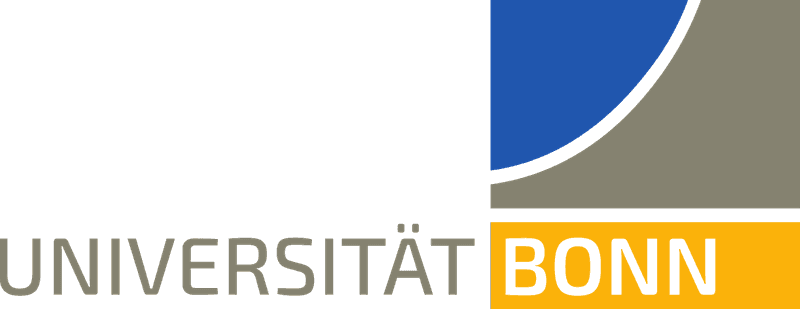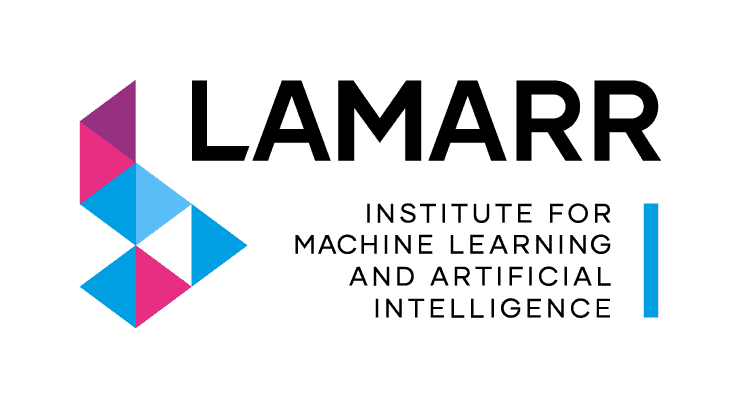In this course, you will work on small research projects in teams of 2. As course introduction, we will discuss the most relevant papers together in the group.
In the final session of the course, all project outcomes will be presented in a poster session.
Lecture Dates
The lecture will be mixed between virtual and in-person meetings. In-person meetings take place in the computer science building (Friedrich-Hirzebruch-Allee 8).
| First Meeting | Oct 14, 10.15 - 11.45 | room 0.042 |
| Paper Discussions | Oct 21, 13.15 - 14.45 | room 0.042 |
| Mid-Term Presentations | Dec 16, 10.15 - 11.45 | room 0.042 |
| Final Poster Presentations | Feb 03 | 14.15 - 15.45 |
Possible Projects
Students can either choose from proposed projects in the first lecture or may propose their own projects if they fit into the course context.
As an example for course projects, projects in the last course were:
- VLMs with Depth
- Open-Vocabulary Anomaly Segmentation
- Exocentric Hand Tracking
Course Material
The slides from the initial lecture and any other additional course material are available in this sciebo folder.
Workstations
For this course we provide two Linux workstations in room 0.039. You can go to this lab room and use the workstations locally, or you can login with your CS account at ssh <cs account>@rpllab1.rpl.uni-bonn.de and ssh <cs account>@rpllab5.rpl.uni-bonn.de.
These workstations are shared. You can use them as access terminals, to debug code, download datasets, visualize data, etc. Please make sure to not interfer with each other's data and workspaces and don't change the system libraries. All heavy compute should be done on the cluster.
Questions
For any questions regarding this course, please contact blumh@uni-bonn.de.





